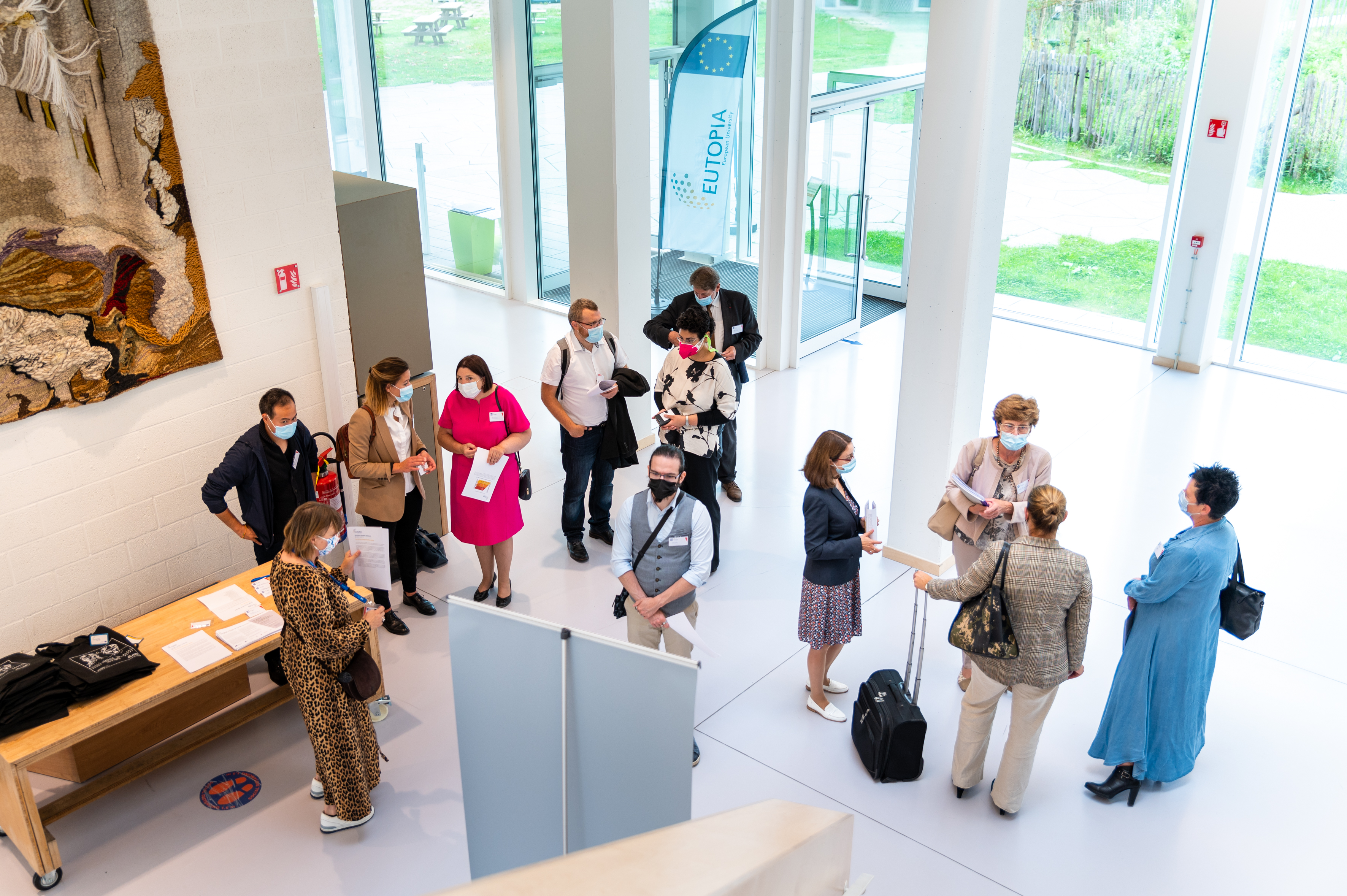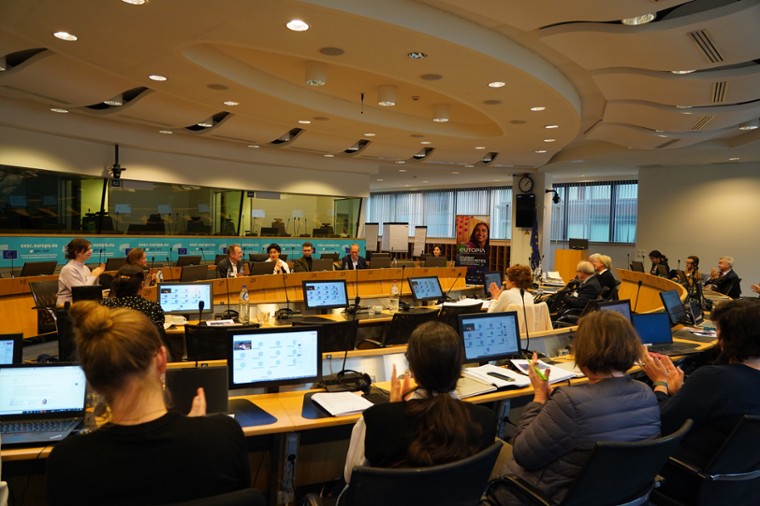Go to content
Go to content
Navigation
Direct access
Connection
on November 13, 2023
Published on November 13, 2023– Updated on October 7, 2024
EUTOPIA-FLECSLAB Expert Committee Gathered in Brussels

https://eutopia-university.eu/english-version/about-us/past-projects/eutopia-flecslab/eutopia-flecslab-expert-committee-gathered-in-brussels

